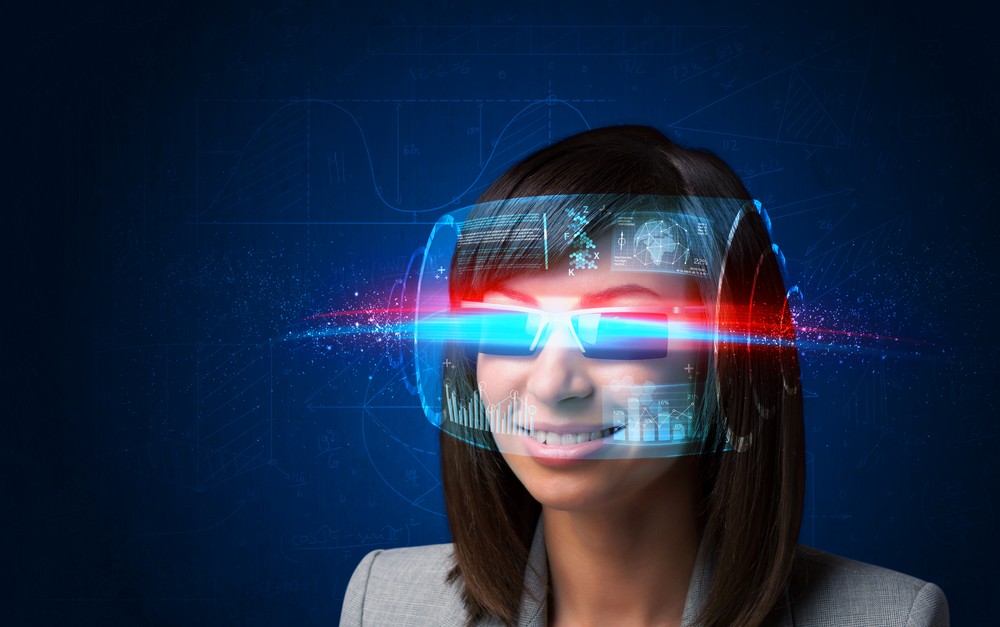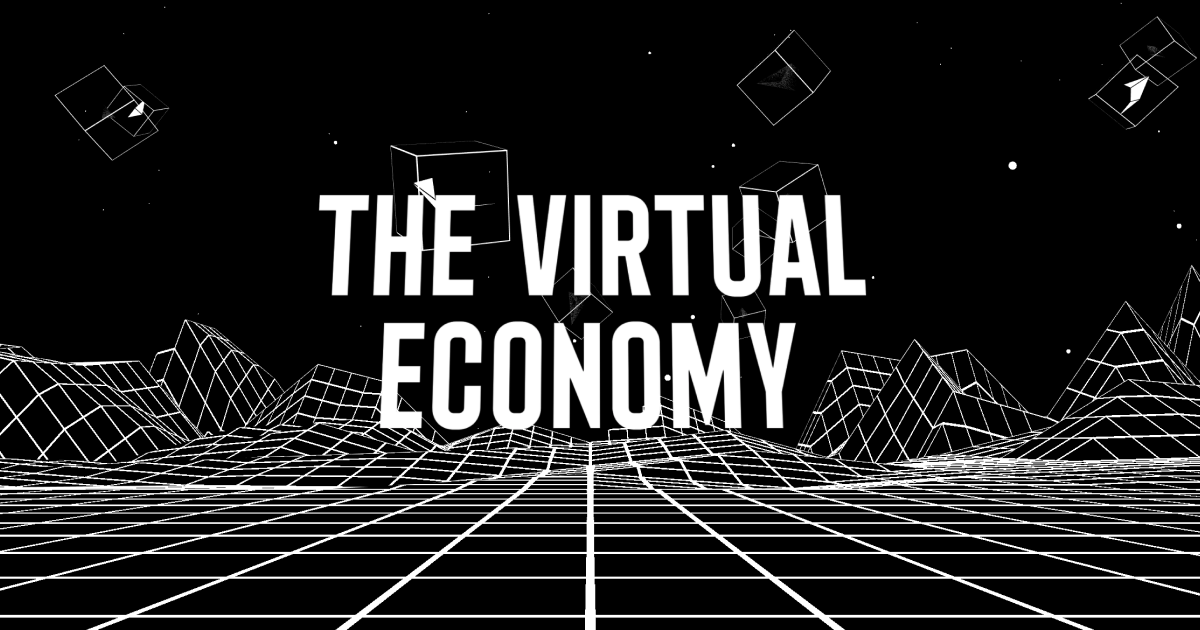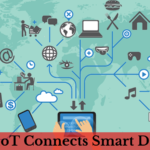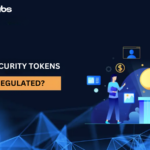The world is witnessing a rapid digital transformation, and at the center of this revolution is the Metaverse—a virtual world where people can interact, work, socialize, and trade just like in real life. As the Metaverse gains momentum, it is opening doors to new economic opportunities, giving rise to virtual economies that operate parallel to traditional financial systems.
But the big question remains: Will the Metaverse be the next big driver of digital economies? Can it truly reshape the way businesses, consumers, and investors engage in financial activities? In this blog, we will explore how the Metaverse is shaping digital economies, the financial impact it carries, and the challenges it must overcome for mainstream adoption.
Understanding the Metaverse
Before diving into its economic impact, let’s first understand what the Metaverse is.
The Metaverse is an immersive digital universe where people interact using avatars in virtual spaces. It combines multiple technologies, including:
- Virtual Reality (VR) and Augmented Reality (AR) for realistic 3D environments.
- Blockchain technology to ensure secure transactions.
- Artificial Intelligence (AI) to create intelligent, interactive experiences.
- Cloud Computing & 5G for high-speed, seamless virtual interactions.
Companies like Meta (formerly Facebook), Microsoft, Decentraland, and The Sandbox are actively building Metaverse ecosystems, making it clear that this technology is not just a trend but a future economic frontier.
The Rise of Virtual Economies
A digital economy refers to economic activities conducted online, including e-commerce, digital payments, and virtual workspaces. However, the Metaverse takes this concept a step further by creating a fully functioning virtual economy where users can get, sell, and trade digital assets.
Key Elements of Metaverse Economies
Digital Assets & NFTs
- Non-Fungible Tokens (NFTs) allow users to own digital art, collectibles, and virtual real estate.
- Virtual items like clothing, accessories, and even digital pets have real-world value.
Cryptocurrency & Decentralized Finance (DeFi)
- Transactions in the Metaverse are powered by cryptocurrencies like Ethereum, Bitcoin, and metaverse-native tokens (e.g., MANA, SAND, AXS).
- Smart contracts enable trustless, secure financial transactions without middlemen.
Virtual Real Estate & Property Ownership
- Users can get virtual land and build houses, offices, or businesses.
- Companies like Decentraland and The Sandbox have sold virtual land for millions of dollars!
Play-to-Earn (P2E) & Work-to-Earn Models
- Games like Axie Infinity allow users to earn money by playing.
- Freelancers and professionals can offer services within virtual spaces, creating a new job market.
As these digital assets gain value, they contribute to a growing, self-sustaining Metaverse economy.
Metaverse as a Business Hub
Businesses are already seeing huge potential in the Metaverse. From virtual retail stores to immersive brand experiences, companies are investing billions to establish their presence.
How Businesses Are Leveraging the Metaverse
Virtual Shopping & E-Commerce
- Brands like Nike, Gucci, and Adidas have launched virtual showrooms where users can get digital goods.
- Try-before-you-get experiences using VR allow customers to test products.
Remote Work & Virtual Offices
- Companies like Microsoft are developing Metaverse workspaces where employees can meet in VR.
- Businesses can hold virtual conferences, training sessions, and networking events without travel costs.
Advertising & Marketing
- Brands place digital billboards in Metaverse worlds, attracting real customers.
- Influencers are earning money through Metaverse sponsorships and virtual brand collaborations.
These advancements indicate that the Metaverse is not just for gamers—it’s becoming a legitimate business environment.
Financial and Economic Impact
1. The Role of Blockchain in Metaverse Transactions
Blockchain ensures security, transparency, and decentralization in Metaverse economies. It eliminates the need for banks or intermediaries, making transactions faster, cheaper, and trustless.
2. Virtual Real Estate Market
The Metaverse has introduced a digital property boom, with virtual land being sold for millions. For example:
- In 2021, a piece of land in Decentraland was sold for $2.4 million!
- Investors are funding virtual properties and renting them out for events, stores, or advertising.
3. Revenue Streams in the Metaverse
- Play-to-Earn (P2E) Games – Users earn cryptocurrency by playing.
- Digital Art & NFTs – Artists sell digital masterpieces without galleries.
- Metaverse Jobs – Virtual architects, VR designers, and Metaverse consultants are in demand.
- Advertising & Sponsorships – Companies pay for brand placements in digital spaces.
These factors indicate that the Metaverse economy is rapidly growing and could soon rival traditional financial systems.
Challenges and Roadblocks
Despite its potential, the Metaverse still faces major challenges before it can fully drive digital economies.
1. Scalability & Technological Limitations
- The Metaverse requires high-speed internet, powerful GPUs, and advanced VR/AR devices.
- Current infrastructure cannot yet support millions of users interacting in real-time.
2. Privacy & Security Concerns
- Identity theft, hacking, and fraud are growing risks.
- Data privacy is a major concern—who controls user data in the Metaverse?
3. Regulation & Legal Issues
- Governments are still debating how to tax digital assets and regulate Metaverse transactions.
- Intellectual property laws for NFTs and digital assets remain unclear.
4. Adoption Barriers & the Digital Divide
- Not everyone has access to VR headsets, high-end PCs, or cryptocurrency wallets.
- Digital literacy is still a challenge for mass adoption.
To become a true driver of digital economies, these issues must be addressed through better technology, clear regulations, and inclusive access.
The Future of Digital Economies with the Metaverse
1. Financial Inclusion & Economic Opportunities
The Metaverse can bridge financial gaps by allowing people in developing nations to participate in the global digital economy. Remote work, P2E gaming, and virtual business opportunities can create new income streams for millions.
2. Transforming Traditional Industries
- Real estate can integrate virtual tours and digital property funding.
- Healthcare can use VR for remote consultations and medical training.
- Education can provide interactive learning experiences in virtual classrooms.
3. Mass Adoption & Mainstream Integration
- As technology advances, the Metaverse will become cheaper, faster, and more accessible.
- More businesses and governments will enter the space, fueling further economic expansion.
While challenges remain, the Metaverse undoubtedly holds the potential to reshape economies on a global scale.
Conclusion
The Metaverse is more than just a digital playground—it is a powerful force driving the future of digital economies. Through virtual real estate, crypto transactions, decentralized finance, and new business models, it is creating financial opportunities never seen before.
However, to fully harness its potential, we must overcome technical, legal, and accessibility challenges. The road ahead is still long, but one thing is clear—the Metaverse is here to stay, and its impact on the global economy will be revolutionary.







